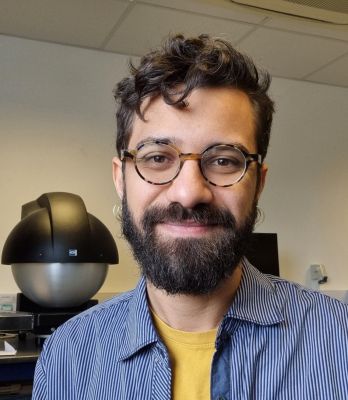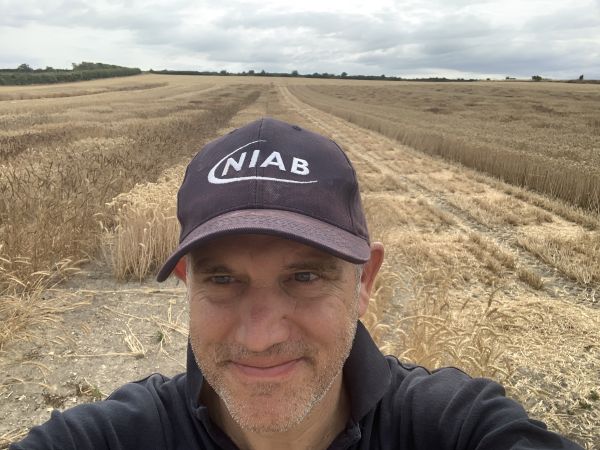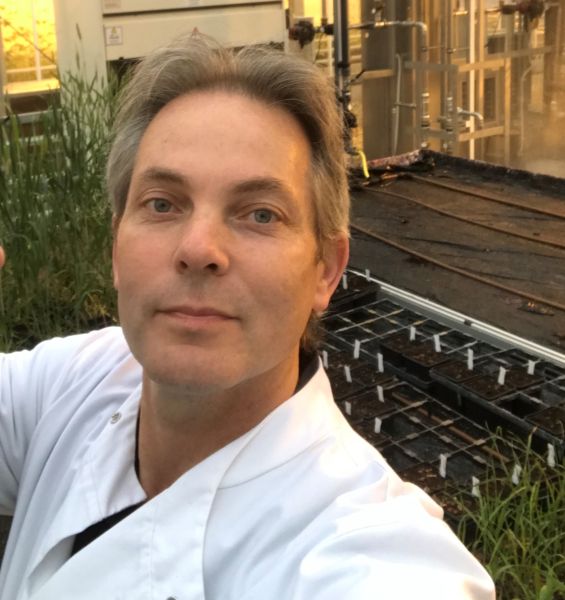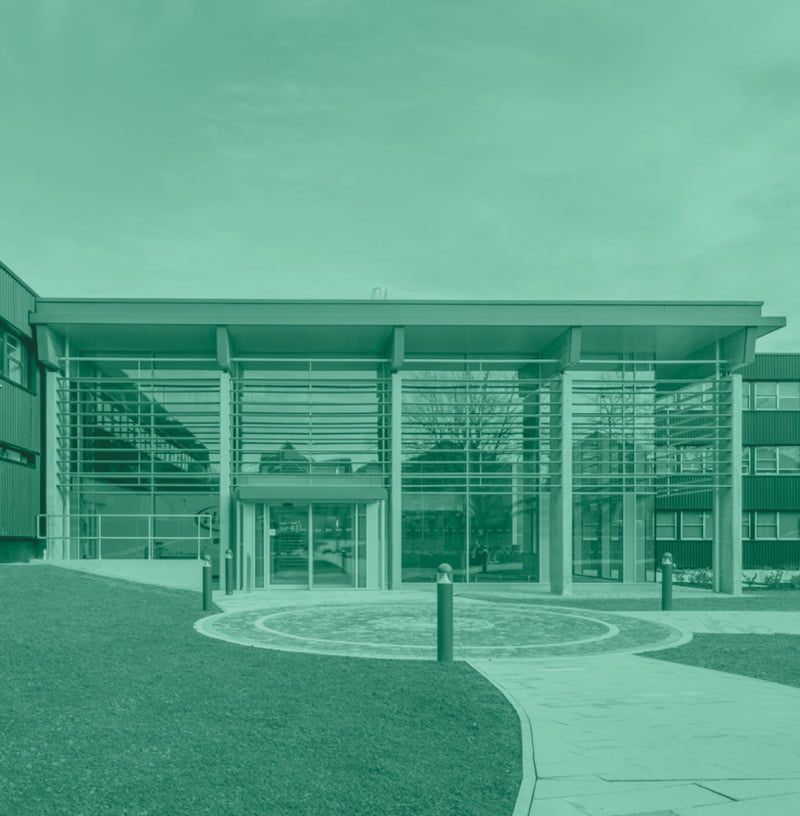Artificial intelligence and data sciences
This group combines AI, computer vision, and data analytics with expertise in plant phenotyping, breeding, and agronomy to enhance crop production in the UK and developing countries
In collaboration with research groups at the Crop Science Centre (CSC), University of Cambridge, John Innes Centre, and others, the group addresses crop research challenges using multi-scale phenotyping and AI-powered trait analysis, assessing genetic gain, trait stability, and yield potential under changing climates.
The group also collaborates across NIAB and CSC on genotype-to-phenotype linkage and identifies molecular markers for climate-resilient crops vital to the UK and developing countries. They work with companies like Bayer Crop Science, Limagrain, and Syngenta for commercial and academic research.
Research areas
AI-powered solutions in crop improvement
AI-powered solutions are driving the next generation of agriculture in our rapidly evolving world. The new strategy from NIAB and the Crop Science Centre (CSC) focuses on enhancing our AI-based Agri-Food data analytics and scientific computing capabilities. This enables innovative solutions and open-source toolkits that benefit both the Agri-Food sector and the broader plant and crop research community. Leveraging High Performance Computing (HPC), Graphics Processing Unit (GPU) clusters, and expertise in AI, computer vision, and remote sensing at NIAB and CSC, our AI and data sciences group collaborates with the University of Cambridge to deploy data sciences effectively. Together, we’re developing global solutions to address significant big-data challenges faced by farmers, growers, and breeders. By training large and diverse datasets, we’re creating tailored learning architectures and algorithms that will play a pivotal role in the future of AI-powered crop research and food production, aiming to shape the future alongside the global plant research community, our customers, partners, and collaborators.
Applied crop informatics with multi-scale phenotyping
The implementation and deployment of novel computational methods for analysing desired traits and crop data are key research priorities for NIAB and the Crop Science Centre (CSC). The group conducts research to develop analytical platforms and implement bioinformatics pipelines for trait analysis, variety identification, gene annotation, transcriptomic analysis, and variant analysis of extensive datasets for large polyploid genomes, such as barley, hexaploid modern wheat, and octoploid strawberry. As devices for generating and collecting data become essential tools in life sciences research, the sources and diversity of data types will continue to increase.
Crop Diversity HPC
NIAB leads a consortium of six leading UK scientific institutions that has established HPC and GPU clusters dedicated to developing new informatics tools and implementing advanced analysis of crop genetics diversity data. Within the partner organisations alone, the data science resources can support the work of over 400 scientists, including early career researchers and PhD students.
Funded by the Biotechnology and Biological Sciences Research Council (BBSRC) and with support from the Scottish Government, the project consortium comprises NIAB, James Hutton Institute, Royal Botanic Gardens Kew, Scotland’s Rural College, Royal Botanic Garden Edinburgh, the Natural History Museum, and the University of St Andrews. The platform features 1,700+ CPU cores for trait analysis, 10+ Tesla V100 GPUs for AI deep learning, 15 terabytes of memory, and 1.5 petabytes of storage, making it ideal for research results dissemination, cloud-based informatics, and AI modelling.
About the group leader
Ji leads the Data Sciences group at the Crop Science Centre, aiming to integrate cutting-edge AI, computer vision, and data analytics with expertise in plant breeding, genetics, and agronomy to develop solutions for challenging food security issues worldwide. Specialising in multi-scale plant phenotyping and vision-based trait analysis, he contributes globally to plant and crop research. His work includes AI-powered solutions for seed quality assessment (SeedGerm) and drone phenotyping for crop improvement (AirMeasurer). Collaborating with labs worldwide, Ji has published over 30 research articles and holds a professorship at Nanjing Agricultural University. He also collaborates with industry leaders such as Bayer Crop Science, Limagrain, and Syngenta, drawing on his previous roles in academia and industry.
Led by

Ji Zhou
Head of Data Sciences Department
Research group staff

Daiki Abe
MPhil Student

Greg Deakin
Specialist

Robert Jackson
Senior Data Scientist

Arthur Mitchell
AI Data Scientist/Postdoctoral Researcher

Felipe Pinheiro
AI Data Scientist

Liyan Shen
PhD student

Hengqiang (Jimmy) Zhang
Data Scientists Internship















